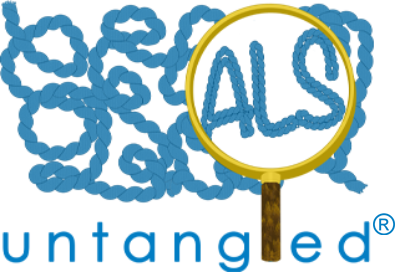Updated Review
Published: November 1, 2021
Since our review, we found a newer study of this same stem cell transplant procedure (CD133+ stem cells injected into the frontal cortex) by the same lead author (Cell Transplantation, Vol. 21, pp. 1899–1907, 2012). This was an uncontrolled case series of 67 patients with ALS who received the procedure at one of two clinics in Monterrey Mexico between June 2005 and May 2010. It is not clear whether the ten participants from the previous study we wrote about were also included in this case series. The demographics of the participants in this series are incompletely reported. For unclear reasons, adverse events were tracked for only one month after the procedure while other outcomes including survival were tracked for up to two years. Even with this very limited follow 67% of patients had adverse events and two died shortly after the procedure. Based on this data, we again do not agree with the author’s conclusion that this procedure is “safe.” The author goes on to compare the survival rates of the treated participants to the overall survival rate of all patients with ALS, concluding that the treatment “depicts a positive tendency towards disease stabilization.” We do not agree. Survival in varies widely between patients with different demographics and ALS disease characteristics. Without careful matching of these participants to any historical controls, even a gross measurement of efficacy is impossible. Of course, careful measurement of efficacy would require randomization, blinding and a concomitant control group. Our conclusion remains unchanged: there are insufficient safety or efficacy data to support stem cell transplants at the Hospital San Jose Tecnologico de Monterrey as a treatment option for ALS. More rigorous studies are needed to clarify safety and efficacy concerns.
Key Information
Click on any letter grade below for more info:
Mechanism Grade: D
Preclinical Trials Grade: U
Cases Grade: U
Trials Grade: D
Risks Grade: F
Published: Jan 2010
We applaud the openness of this clinic in publishing its preliminary results. However, at the present time, there are insufficient safety or efficacy data to support stem cell transplants at the Hospital San Jose Tecnologico de Monterrey as a treatment option for ALS. Also, more rigorous studies are needed to clarify safety and efficacy concerns.
Click here to download the complete review.
